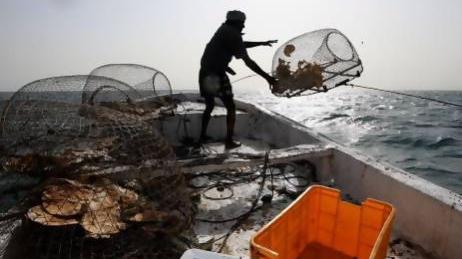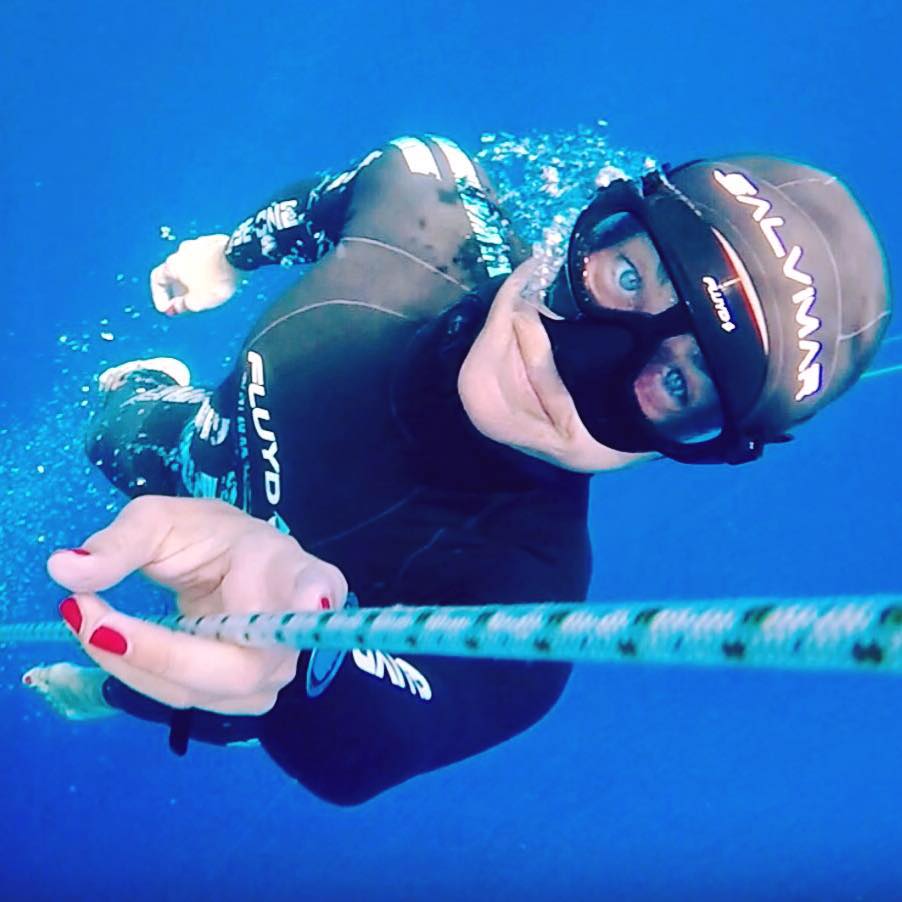Community
Our Sea, Our Heritage new film from the EAD about the alarming state of the UAE fisheries


Pity the hammour. The spotted grouper can live for 20 years and was once considered king among Gulf fish.
In Gulf slang, to be called a hammour is to be the big fish, a person of importance. But today, the hammour is synonymous with the hotel buffet, it seldom survives longer than eight years before it lands on the dinner plate, and the species is on the brink of extinction.
A new documentary by the Environment Agency Abu Dhabi (EAD) tells the story of the disappearance of key species like the hammour through first hand accounts by Emirati fishermen.
The 25 minute film, Our sea our Heritage, premiered earlier this month at the Abu Dhabi International Boat Show.
“There was an abundance of fish in the past,” explains one fisher from the town of Sila, a town in Western Abu Dhabi on the Saudi Arabian border, in the documentary.
“One net would catch 500 kilogrammes of fish. Now if you caste 100 nets you wouldn’t even catch 10 kilogrammes. There are no fish. The fish are gone, gone.”
Another shares a similar tale. “Hammour were caught as soon as you threw the line. Now for two years I haven’t been able to catch even one kilogramme.”
Stocks of key species like hammour, farsh and sheri have declined by 90 per cent or more.
The film features insights from 22 fishermen, a sample of more than 300 interviewed at 12 landing sites across the country between 2015 to 2018.
The interviews were part of the development of the UAE National Framework for Sustainable Fisheries, a 12-year strategy to achieve sustainable fisheries by 2030.
In the film, elders call for strong action to conserve marine life.
“Our results certainly indicate that attitudes amongst fishermen are changing,” said Winston Cowie, the documentary’s directory and the agency’s marine policy manager.
“If you had told us before we started the interviews that 80 per cent of the elderly fishers would tell us that they thought the fishery had declined significantly over the last 30 years, and that they were motivated to support in its recovery, I don’t think we would have believed it.”
The agency aims to restore stocks to of 30 per cent of original population size by 2030.
Data on declining fish and shark species has not been enough to convince fishermen to change unsustainable practices.
Elders’ call for action could turn the tide and encourage younger fishermen to embrace government conservation measures.
Some recommendations have already been implemented. The EAD implemented strong regulations of recreational spearfishing earlier this year, including an outright ban on hammour. Earlier this year, the Ministry of Climate Change and Environment banned the use of gargoor, domed wire traps.
A decade ago, many fishermen opposed such regulations, believing it to be at odds with traditional fishing practices. The film is evidence that attitudes are changing.
“The interviews we conducted with fishermen demonstrate that the science we know corroborates with the traditional knowledge they hold,” said Shaikha Al Dhaheri, the agency’s secretary general. “The UAE’s fisheries are severely overexploited due to overfishing and in need of major recovery.”
(Source thenational.ae)




